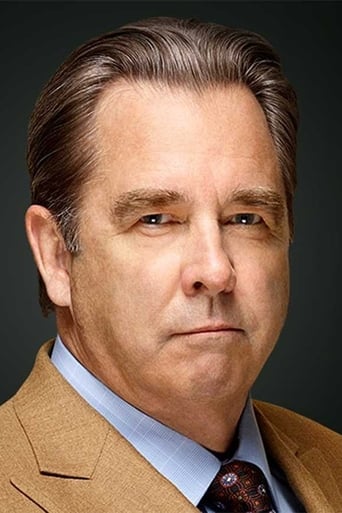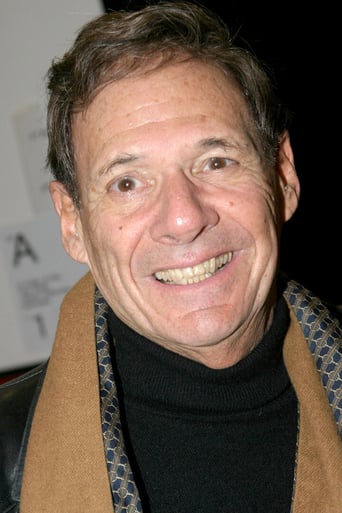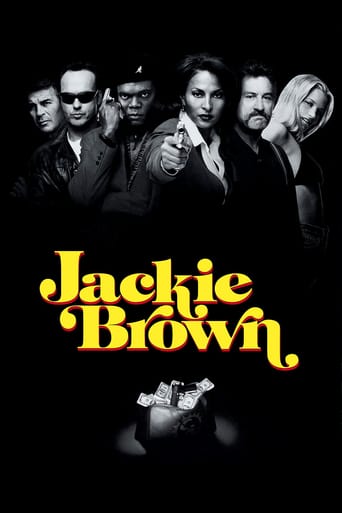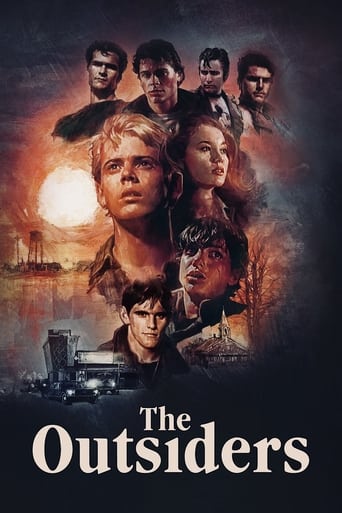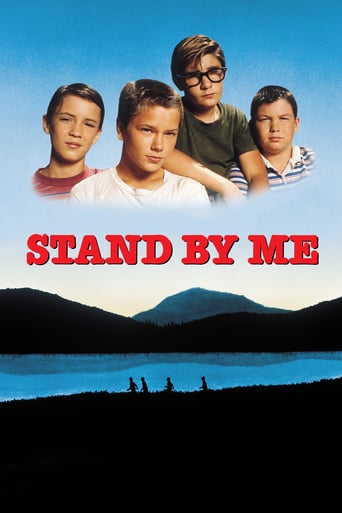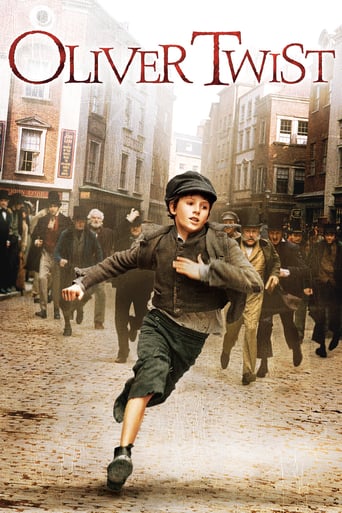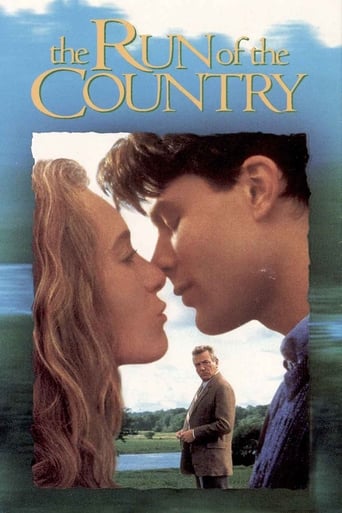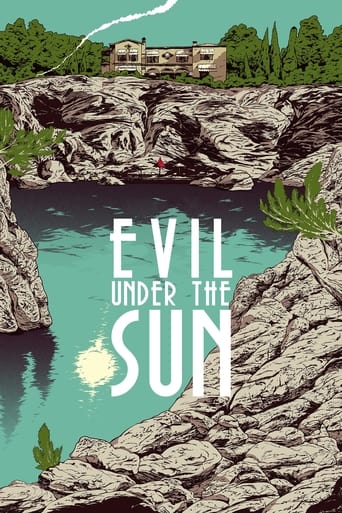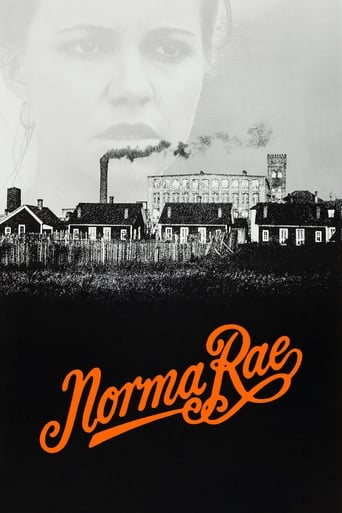
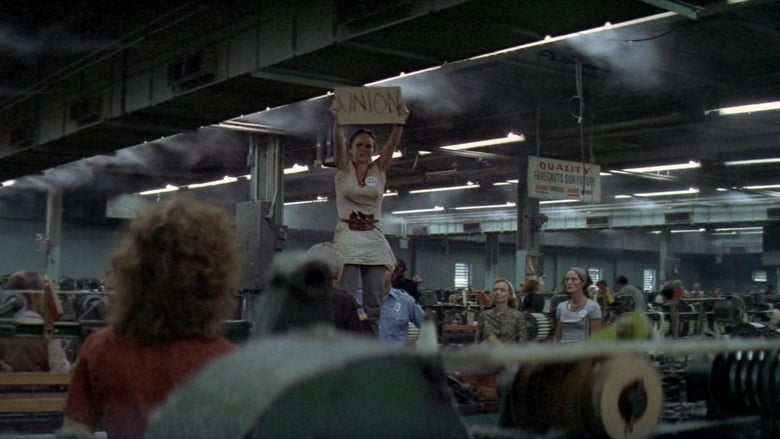
Norma Rae (1979)
Norma Rae is a southern textile worker employed in a factory with intolerable working conditions. This concern about the situation gives her the gumption to be the key associate to a visiting labor union organizer. Together, they undertake the difficult, and possibly dangerous, struggle to unionize her factory.
Watch Trailer
Cast


Similar titles
Reviews
Martin Ritt's kitchen-sink drama NORMA RAE is my fourth entry of his filmography, it won Sally Field her first Oscar, and is reckoned as a shining specimen perfectly designed to gratify Awards recognition, aka "Norma Rae moment" for its actors, usually adapted from real events.The movies takes place in a small town in North Carolina, based on the true story of Crystal Lee Sutton (1940-2009), our heroine Norma Rae (Field) is a single mother of two kids (one from the wedlock and the other is an illegitimate son borne out of a casual fling), now her husband is long dead, and she trysts with a married man but often got beaten due to the rife male chauvinism among the hillbillies, should audience judge her too? Is she a dimwit slut or a liberal-minded feminist?Norma Rae, and her parents (Hingle and Baxley), all work in their local cotton mill factory, receive minimum-wage and their poor working conditions are ignored by the management, life could be that for her, keeping working until her health deteriorates under the awful condition and kicks the bucket, then hopefully her children will be old enough to take her place in the factory, do the same job and continues the circle of life. But the arrival of Reuben Warshowsky (Leibman), a New York union organiser, galvanises her life and the prospect of forming a labor union beckons a possibly better future, so she is bent on functioning as Reuben's right-hand man. Norma Rae also meets a fellow worker, Sonny (Bridges), a divorcé with a young daughter, and soon they form a family, but her whole-hearted devotion to the ongoing campaign for the union engenders clashes with the management of the factory, and she has to be crucified for the progressive cause when the antagonism reaching its boiling point. The Union wins in the end, but Norma Rae loses her job and Reuben leaves when his mission is achieved, will her future become better afterwards, the film doesn't reveal any detail, but a reconciliation with Sonny bespeaks at least no marital disruption will occur.Sally Field, injects such a redoubtable force in her acting, like Reuben patronisingly tells her, she is too good for the place, one can totally get impressed by her punchy effort in every line, gesture and expression, which transcends Norma Rae from an ordinary gal to a highly relatable and extremely likable cinematic heroine, that's the reason why we love to see these stories being told again and again on the screen. The script carefully treads the camaraderie between Norma Rae and Reuben, to avoid any scandals, but Leibman's Reuben, in the meaty supporting role, should be an equally likable character, doesn't register the same impact, wanting of sincerity in his acting could be the culprit, whereas Beau Bridges' Sonny and Pat Hingle's Vernon, Norma Rae's father, both cast more weight in their much leaner screen-time.NORMA RAE is a juggernaut success, receives four Oscar nominations (including the prestigious BEST PICTURE) and wins two (Field's BEST LEADING ACTRESS and David Shire's theme song IT GOES LIKE IT GOES, beautifully sung by Jennifer Warnes), the relevance of labor union has ebbed away since then, but it definitely sparks off a neo-realistic trend for American indie films, with real- life location and tapping into the misery of low-class people which average cinema-goers consider too harrowing to watch on the silver screen, in retrospective, it is something we should praise for!
This is a very good movie. It is extremely fun to watch. The movie is simple to explain, basically the movie is about a labor organizer who comes to a small southern town with the mission to set up a labor union at the local cotton mill. Obviously, the mill does not want it's workers to organize. After the organizer arrives he ends up making friends with a worker at the mill. Obviously there is more to the story then this but this is the basic synopsis. The film does a good job of telling the story of how some of the blue collar workers are treated in our country. The quality of the film stock reminds me of a B movie. But the acting and story are superb and nothing short of a quality A list flick. I know the movie came out in 1979, so I was expecting a little lower quality film stock but this is so far below the standards of the time that I think it was by design to help put the viewers in the shoes of the cotton mill workers. The trick was nothing short of effective, I think this low quality of the film's picture helped put me in the right frame of mind. As far as the acting goes it is great. In fact Sally field wan an Oscar for her performance in the movie. And I think the labor organizer at least deserved a nomination. The other Oscar that the film won was for Best Original Song, and the song deserved it. The music here is simple and the song defiantly anchors the light soundtrack. Other then these two wins the film was nominated for Best Adapted Screenplay and Best Picture. Those last two nominations go to show just how good this movie really is!!! Take my advise, WATCH IT!
Norma Rae is definitely one of the most interesting films about the trade union movement, that I have encountered so far. The film is equally fascinating for people, who want to know more about poor labor conditions, or manufacturing and production in general. It was made in 1978, and describes the installation of trade union representatives in a rural USA textile factory. We must credit the USA film makers, since surprisingly I do not know of comparable modern films from West-Germany or France. I like the many shots of the atmosphere at the weaving-looms, since it portrays an industry that was once vital for the early development of our economies. Clothing remains a primary need - but we in the west have lost touch with its production. In the Netherlands, most of the factories were closed in the seventies and eighties, due to the fierce Asian competition. Indeed it is mostly unskilled labor. In fact the film looks like a documentary, and social realism is used in the narrative. The acting of Sally Field (as the working woman Norma Rae) and Ron Leibman (as the organizer Reuben) is convincing, and the dialogs are credible. Obviously the textile factory in the film is a poor representative of its kind. The management is not malicious, but simply primitive, stupid and insensitive. When the father of Norma Rae suffers a stroke of paralysis during work, the overseer orders him to continue until the forthcoming break. A few minutes later the man drops dead in a cart filled with yarn. The noise in the building is ear-splitting, and there are actually some earcaps, but nobody sees to their usage. At a certain moment, it causes the temporary loss of the communicativeness by the mother of Norma Rae. The remaining question to be answered is whether the script writers and the director have done their research with respect to the approach of the trade unions. I think they did, which is quite an achievement, since it concerns a complicated social phenomenon. It is essential to appreciate, that trade unions are meeting-places for the egoism of workers, and not bastions of solidarity. Norma Rae is a textile worker, who becomes engaged in union agitation. She claims, that she acts on behalf of a better future for her children, but in doing so she leaves their care to her husband (I predict that the marriage will not last). The character sketch suggests a strong selfishness. Finally she gets fired, but this may subconsciously be intended, since a better carrier as a union representative looms at the horizon. In addition she is not qualified for unionist agitation: whereas professional unionists normally act their anger and emotions, Norma Rae explodes in fits of rage - although she seems to have an instinct for quitting at the right time. Now and then her feeling of justice is twisted. Temporarily she even accepts a promotion as workplace inspector ("I need the extra money"). Her rise as a union representative seems hardly beneficial for the reputation of the union. In fact, she is visited by two union administrators, who want to depose her. This is prevented by Reuben, the local union organizer. Reuben is a strong advocate of the bottom-up approach, and the mentor of Norma Rae. As a matter of fact, such types exist in trade-unions, think about the justice-for-janitors movement. But actually they are quite rare, because unions are central organizations, which puts such organizers in a perpetual war with their bureaucracy. Therefore in most cases the organizers are hired on temporary contracts. Their conviction and belief in the just cause are unshakable - which is of course partly a facade. Reuben will not stop when Norma Rae must face to be laid off, or when a pregnant picketer is beat up. In the end we see him horse riding to the setting sun, on his way to defeat the next injustice. In conclusion, the film is a true depiction of real life. Nevertheless, the events in the film are also exceptional and provide the myth, that trade-unions need to justify their existence. The film makers seem to have grasped, that stupidity is everywhere and not restricted to entrepreneurs.
This is based on a real life story. It takes place in a small Southern town where virtually everyone works at a textile mill. They're underpaid and overworked and some die because of the conditions. Norma Rae (Sally Field) is disgusted with it but what can she do? Then union organizer Reuben (Ron Leibman) comes to town. He revs her up and they start trying to convince the workers to unionize...but the company management doesn't like that.Incredible movie. As everyone probably knows this film won Sally Fields a deserved Oscar and proved to everyone she can act. She's just incredible--full of fire, energy and anger. When she's on screen you can't take your eyes off her. In a good move the movie does NOT glorify her or make her a super woman. She's just a strong, determined woman fighting for her beliefs. The sequence where she holds up the "UNION" sign in the factory has become a classic. Leibman matches her. He was just as good, if not better, than Field. He deserved Oscar recognition too but sadly didn't get it. It also shows how a man and woman can work together and NOT fall into bed. It also shows how Norma's husband Sonny (a sadly underused Beau Bridges) comes around and realizes his wife is doing a good thing to which he was incredibly opposed to at first. The script is great--never too preachy or too sappy. Martin Ritts did an incredible directing job too. Heck even the opening and closing song ("It Goes As It Goes") is great and ALSO won an Oscar. A great movie. Well worth seeing.



